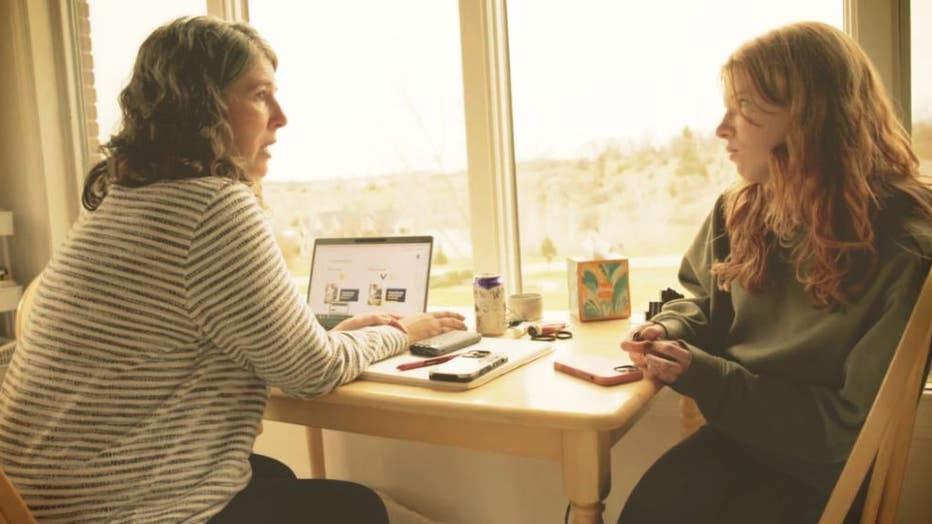U-M Health poll shows how angry children are, the doctor explains what we can do
Helping children manage their emotions is important
Anger is an emotion we all feel at one time or another but a new poll from the University of Michigan looks at just how angry our kids are.
FOX 2 - Sometimes adults have trouble processing emotions, especially anger and frustration - so you would expect kids do too.
The hit animated movie "Inside Out" shows a glimpse of what emotions would look like. The story helps kids to understand it's okay to feel all the emotions. But the challenge is managing them.
A new poll from University of Michigan Health C.S. Mott Children’s hospital finds that one in seven parents think their child between the ages of six and twelve, gets angrier than peers.
Furthermore, it shows nearly three quarters of those parents feel they sometimes set a bad example for heir kids of how to manage anger.
Sarah Clark, M.P.H. from University of Michigan Health spoke to FOX about the complex topic.
"Parents can acknowledge I didn't handle that well, talk about strategies that they could use, and then talk about the strategies that they used when they handle a frustrating incident well," Clark said.
So a little honesty mixed with a little coaching goes a long way.
"They can verbalize to kids that interaction with that person frustrated me, and in my head, I was counting to 10, so I didn't respond," she said. "Make it a family learning experience so kids understand that throughout our lives, we will continue to have to manage our anger and frustration."
Helping kids cope is important because in the Mott poll four in 10 parents said their child had experienced a negative consequence because they could not manage anger or frustrtion.
"Things like hurting themselves or others, getting in trouble at school or having problems with their friends. So this really is a topic that affects a lot of parents and kids," Clark said.
Parents, we know you try to help kids recognize avoid situations that trigger anger or frustration like lack of sleep, hunger or aggravating siblings.
But the real key is to teach our kids how to cope on their own.
"And so the challenge here for parents is to move from the parents doing that to have the kids learn to do that themselves, and that's part of growing up," she said.
One in three parents say they have not gotten any advice or information on how to help their child with anger management.
One of the big takeaways is one in three parents say they have not gotten any advice or information on how to help their child with anger management. It is a little bit of a taboo topic, that probably needs to change.


